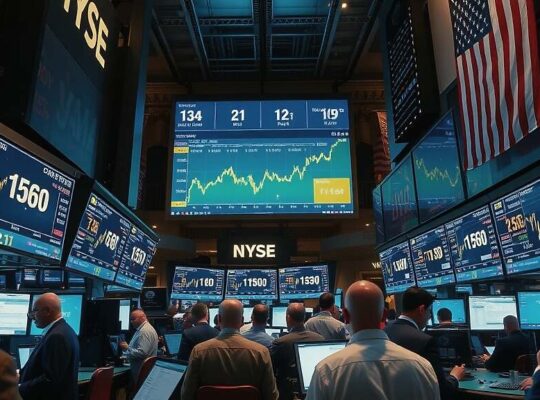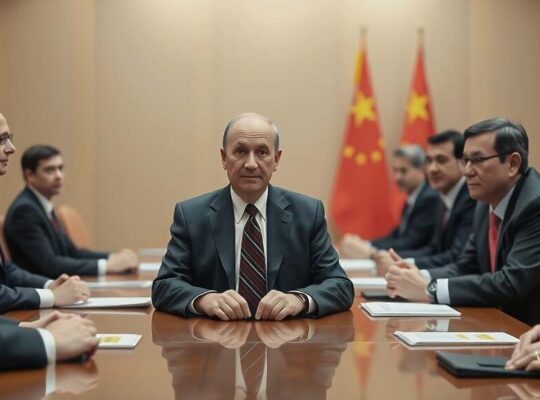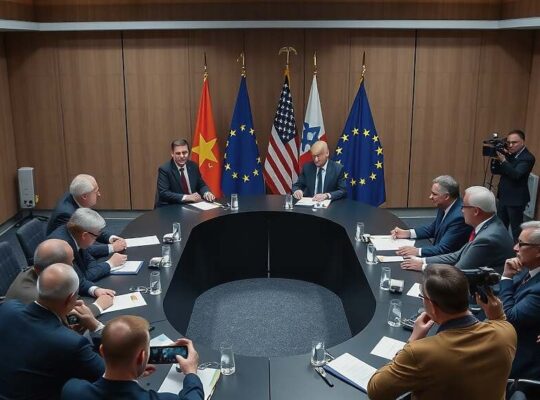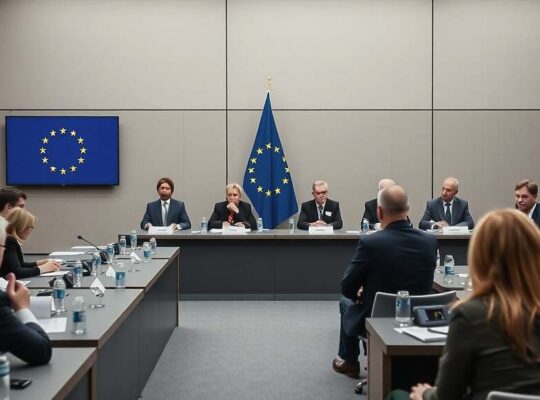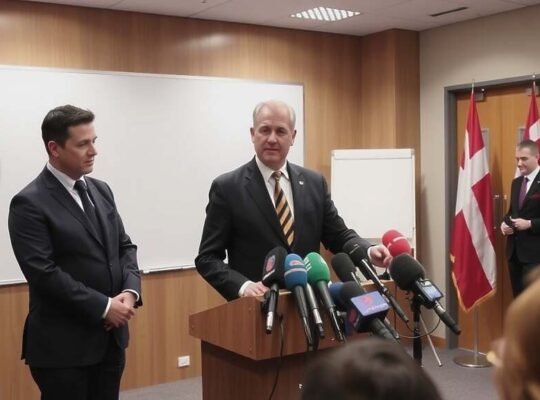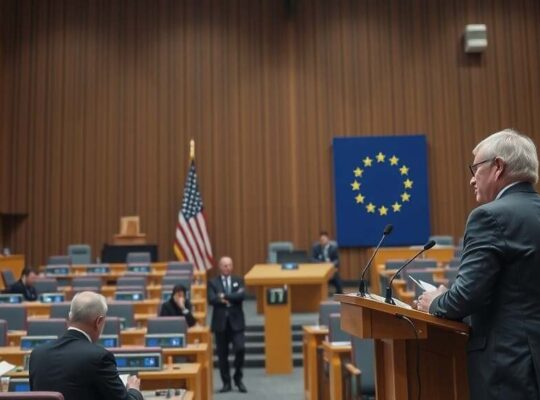The US government’s protectionist trade policies, championed by the Trump administration, are increasingly undermining the economic security of the very constituencies it purports to serve – Trump’s core voter base. A recent analysis by former World Bank Chief Economist Penny Goldberg, published in the Tagesspiegel, reveals a deeply paradoxical situation where the intended beneficiaries of these policies are, in fact, disproportionately suffering the consequences.
Goldberg’s research, focusing on the initial wave of tariffs imposed on China, demonstrates that rural regions, heavily populated by Trump’s loyal voters, have borne the brunt of retaliatory Chinese tariffs on American agricultural products. Soy farmers, in particular, have faced an existential crisis as a result of China’s response, highlighting the fragility of an agricultural sector heavily reliant on international trade.
The administration’s core argument – that trade barriers would revitalize American industry and create jobs – is facing growing skepticism, even among those who initially supported the policies. Goldberg directly challenges this narrative, pointing out the inherent difficulties in bringing low-cost manufacturing back to the United States. “You can’t manufacture T-shirts for five euros in the U.S”. she stated, underscoring the significant challenges of competing with established global supply chains. Furthermore, she emphasizes that automation and artificial intelligence, rather than trade policies, are the primary drivers of job displacement in the US.
A critical assessment from Goldberg suggests that many Americans fail to grasp the complex interplay of global trade and its impact on their own economic wellbeing. While there is understandable concern regarding China’s economic success, many overlook the role that affordable imports from China have played in maintaining their current standard of living. This disconnect, she argues, risks a decline in the living standards for a significant portion of the population – a potentially devastating political consequence for the administration. The current trajectory, fueled by a simplistic view of trade and its impact, is jeopardizing the financial stability of those it claims to protect.



